References
A successful collection!
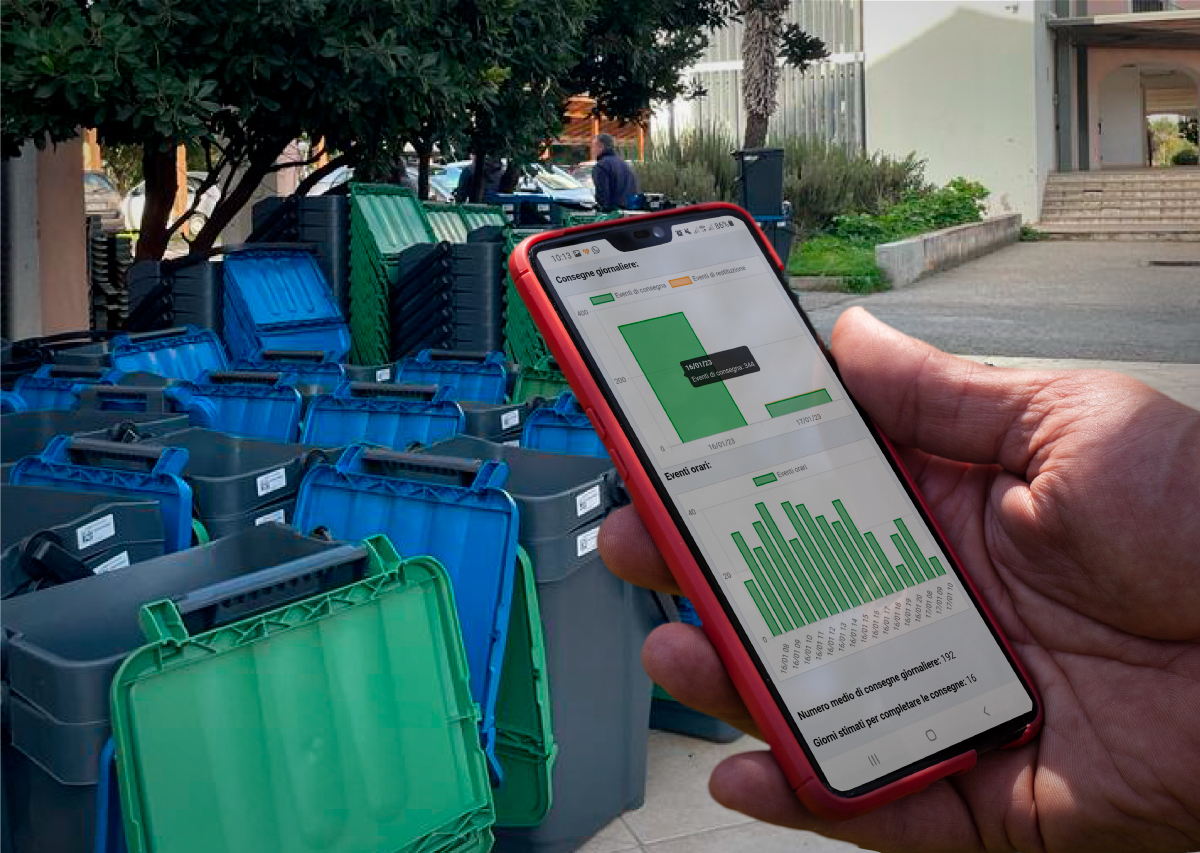
The Municipality of Villaputzu, a characteristic town in Sardinia with about 4,000 inhabitants, has implemented a door-to-door collection system covering the entire municipal area.
Nudge theory applied to the world of waste
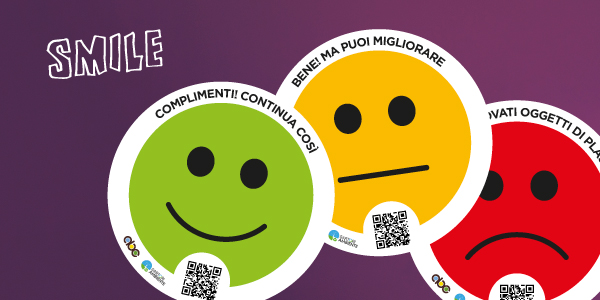
In 2023, we were pioneers of a true example of a “nudge” project applied to the world of waste, and the results were extremely interesting.
Design built around citizens
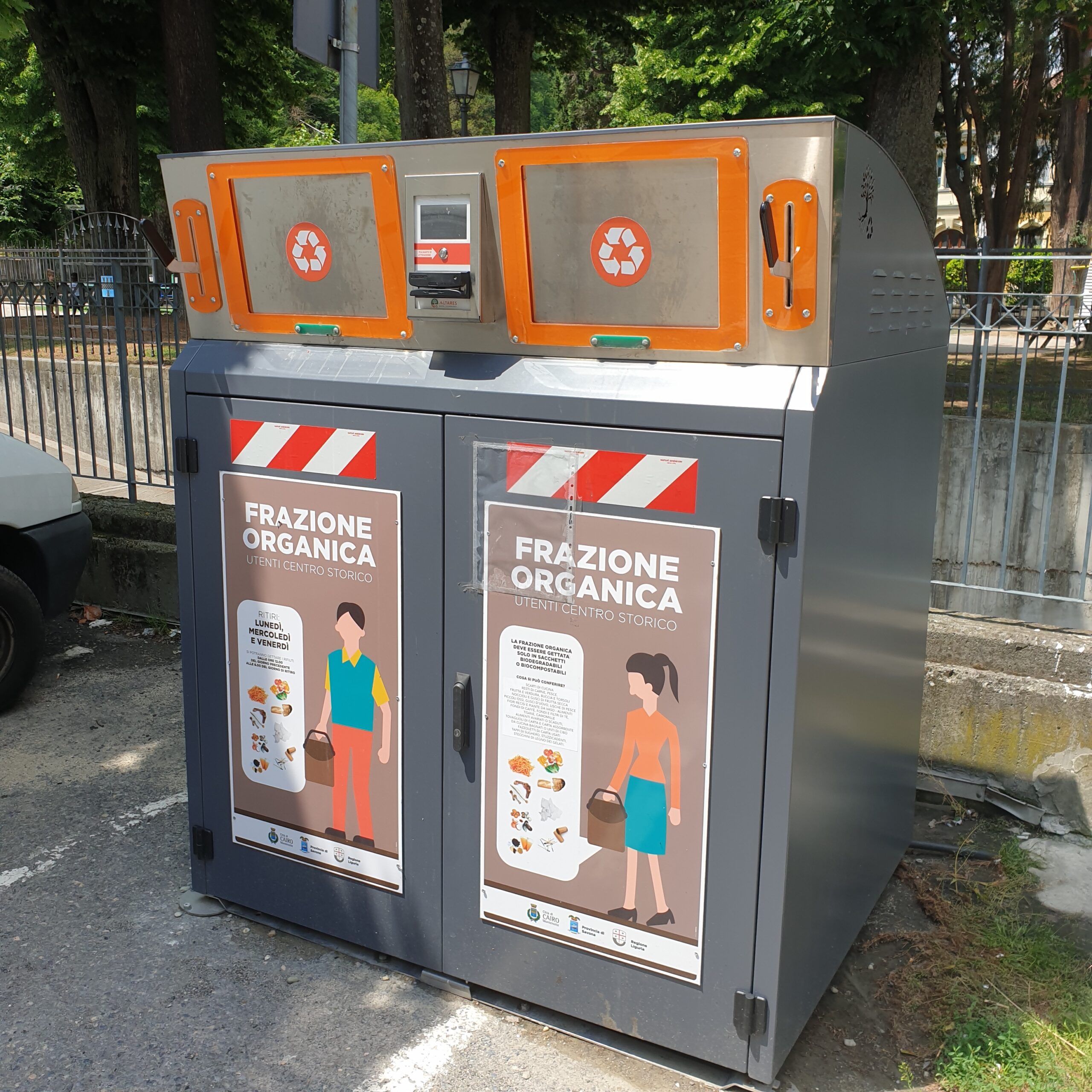
The Municipality of Cairo Montenotte is one of Liguria’s most virtuous municipalities in separate waste management.
The home collection system was activated in 2014 throughout the territory, with a now stable percentage of separate collection above 80%.
The Collection of Organic Waste in a European Capital

The city of Bratislava (SK) – home to half a million inhabitants – has reduced residual waste by 10 thousand tonnes in two years by separating kitchen waste and recovering the processed material for use in agriculture to improve soil fertility and sequester carbon, while also producing renewable electricity.
Management of nappies and sanitary textiles in Valle Sabbia

SAE Valle Sabbia srl is the company of the Valle Sabbia Mountain Community responsible for energy management and, since 2018, for waste collection services.
During the reorganization phase of the collection system, 34 controlled-access ArcoPOINT drop-off stations were installed for the management of nappies and sanitary textiles.
Separate collection: common goal in the Valley
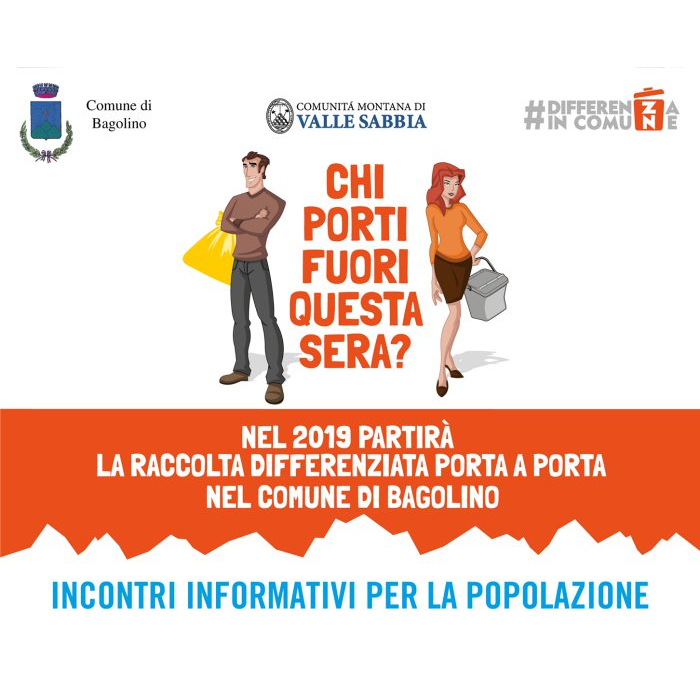
“Differenza in Comune” is the name chosen to describe the new door-to-door separate waste collection project which, starting from 2018, involves the Municipalities of Valle Sabbia.
The mountain community of Valle Sabbia decided to educate the population in terms of separate waste collection.
Sartori Ambiente collaborated as a partner in the initiative, providing the necessary equipment.
Door-to-door collection in Sarriá, Barcelona
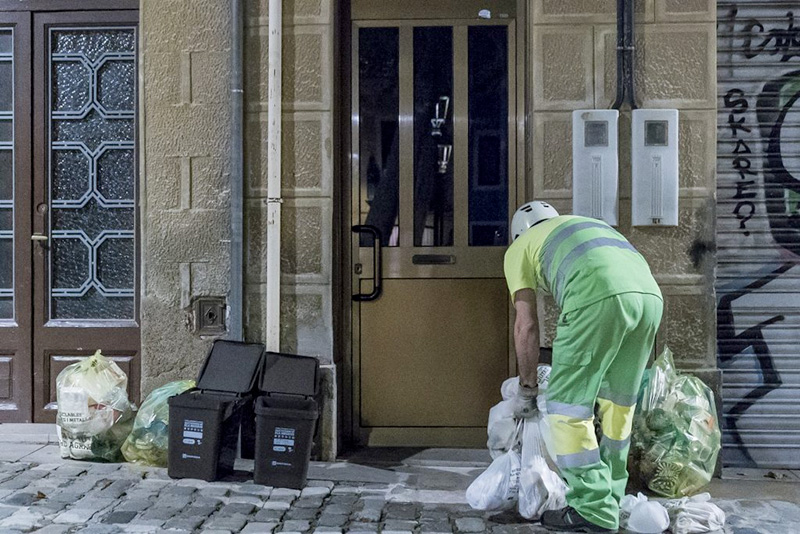
The historic centre of Sarriá represents an ideal setting for the development of the first door-to-door waste collection system in the city.
Over ten years ago Barcelona, the first among the large cities of the separate waste collection, activated the separate collection of organic waste. The percentages of separate collection achieved are considerably higher than in the rest of Spain, nevertheless the aim is for a further improvement.
Contarina – the collection of used vegetable oil
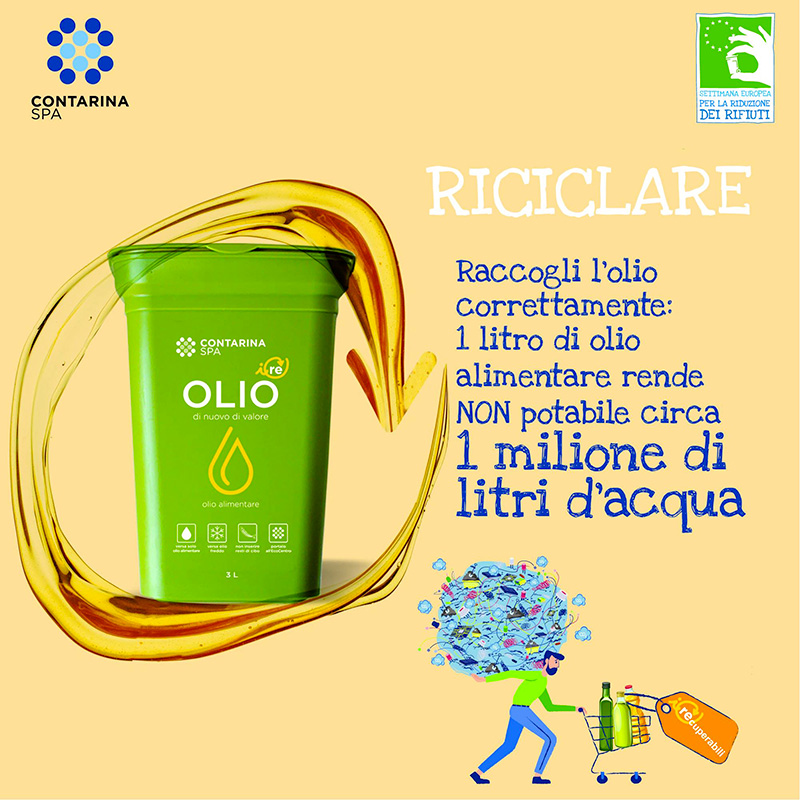
Contarina, a utility that deals with waste management in the municipalities under the Consorzio di Bacino Priula, and Ascotrade, a gas and electricity supply company, promoted the initiative “Collect used oil and save on energy bills”.
Pantelleria, a green island in one year
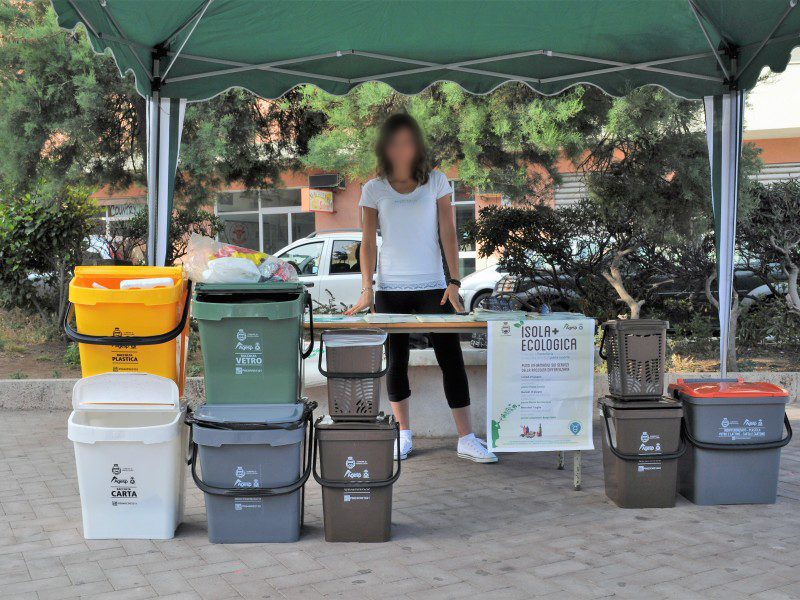
The island of Pantelleria is a reality which, given its tourist and geographical peculiarities, needed a strong change in the methods and performance of waste management.
The evolution of separate collection in Parma
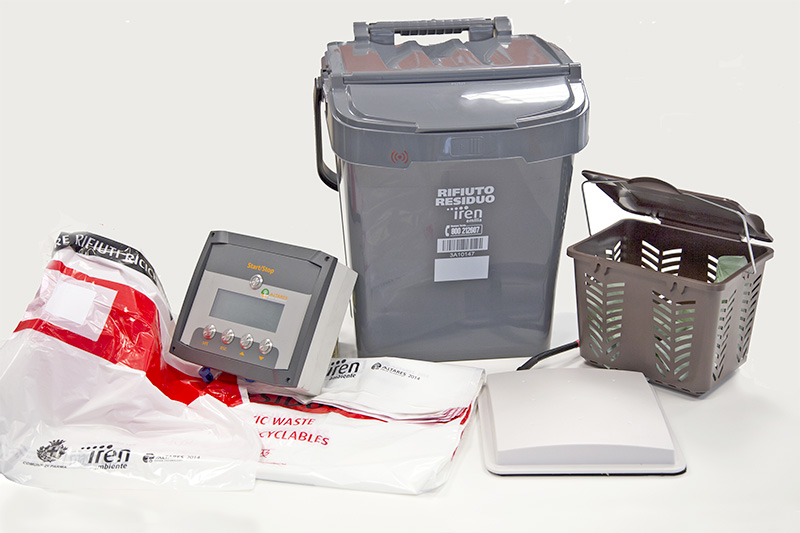
Parma is one of the most virtuous examples in Emilia Romagna, a region at the bottom of the waste generation ranking with 667 kg per inhabitant per year. The transition from traditional waste management was the result of a clear political will: a careful and widespread involvement of citizens and a strategy focused on minimizing residual waste.